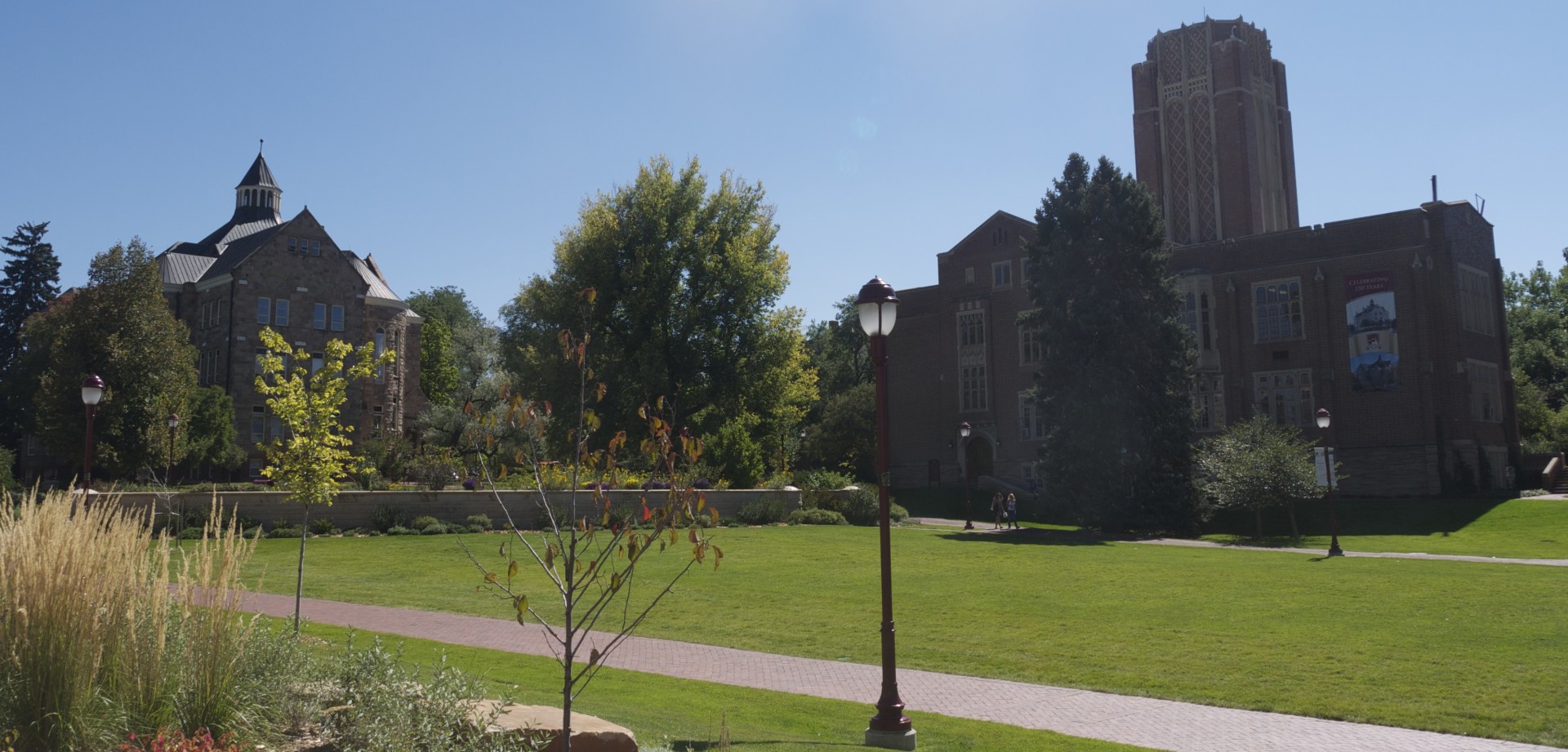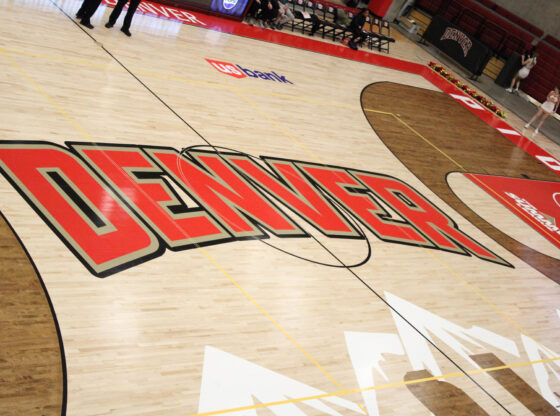It’s no secret that the University of Denver often publicizes its progressive values. Whether it’s creating Diversity, Equity, & Inclusion (DEI) initiatives or unveiling new programs at the Center for Sustainability, DU consistently presents itself as a “private university for the public good.”
DU’s commitment to sustainability is both a point of pride for the university and a draw for prospective students. But, campus activists and student government representatives see things a bit differently.
Divest DU is a student-led organization focused on pressuring the university to fully divest from fossil fuels. Aidan Phillips, a member of Divest DU, points out that the most recent estimates of DU’s investments in the industry total about $24 million, or 2.5% of the school’s endowment.
DU isn’t the only American university investing in fossil fuels. Schools like NYU, 4% of whose endowment was invested in fossil fuels, are relatively larger spenders. However, Phillips pointed out that the NYU administration has since committed to full divestment. The Guardian corroborated this with an in-depth look at how the actions of student activists made this possible.
Iris Stanfill, another Divest DU member, was frustrated by the gap between DU’s public stance on sustainability and the university’s investment decisions.
“DU commits to sustainability but somehow can’t fully commit to divestment,” she said. “In order to really get the university’s attention, especially when it comes to things like divestment, we need large amounts of public pressure, especially from the students.”
To Undergraduate Student Government (USG) Vice President Zach Headley, DU’s unwillingness to divest is not surprising.
“From what I know, multiple members of the university board are involved in the oil and gas industry,” said Headley. “Since those people are at the highest levels of power, I don’t see full divestment as a realistic possibility within the next few years.”
Divestment isn’t the only area where DU is falling short of its commitment to sustainability. When it comes to its efforts to invest in carbon offsets as well as more sustainable energy and land usage, there is still a lot of work to be done.
“It’s questionable to what extent the university has moved forward in becoming carbon neutral,” Stanfill said. “In terms of policies, they’ve mostly planted more trees, purchased more land with trees in it, and have stuck mostly to state and local laws regarding carbon offsets instead of going the extra mile like they really could.”
At the end of the day, it is clear that the University of Denver has a ways to go before it can truly call itself sustainable. “It’s especially contradictory that the university continues to invest in fossil fuels, an industry responsible for both exacerbating climate change and causing massive environmental harm on communities, while simultaneously claiming to be a private university for the public good,” Stanfill said.
The administration will have to make some bold decisions if they hope to divest from fossil fuels and live up to their promises of sustainability. Despite the hurdles, Headley is hopeful.
“The university recently started making more of an effort to invest in green energy, especially since the height of the Divest DU protests last winter, “ said Headley. “There are also more buildings on campus that will be retrofitted with solar energy, and the composting capacity in our dumpsters will hopefully be expanded.”
Along with small improvements in sustainability practices, the Divest DU movement has continued to gain traction and recognition. After meeting with Chancellor Jeremy Haefner last winter, the club can now partner with the Sustainability Committee on other initiatives.
“While there’s still a lot more the university should be doing, we feel like our demands for divestment have gained a wider audience and the movement has been given somewhat more credibility in the eyes of the administration,” reflected Stanfill.
With pressure from activists and public awareness, it’s clear that meaningful change is far from impossible. As Phillips himself said, “the people on the board may ultimately have the power to make decisions, but we as students have power in numbers.”











